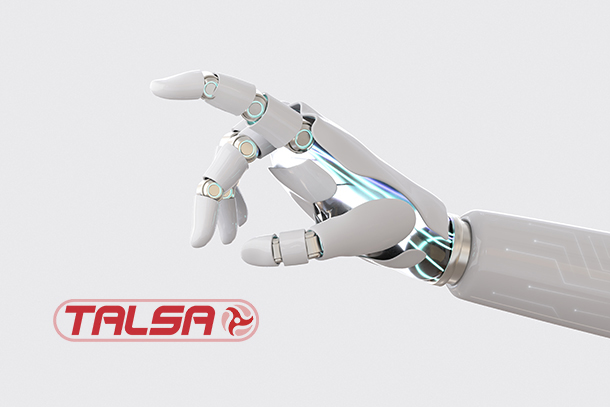THE PRESENT OF THE FUTURE
Artificial Intelligence in Industry is a scientific present with many branches where logic and computing will try to provide solutions to problems by learning from human behavior.
Philosophy and morality will become part of everything that happens and knowing that human behavior is based on good and evil, Artificial Intelligence will have a lot to do with the purpose and destiny of its creations.
But in the present, many of the projects regarded as science fiction in the past by writers who enriched some scientific sketches at the time are being executed, and today we are simply the present of the future. We are living in the future of all those visionaries of the past.
Mars’ satellites “Phobos” and “Deimos” were predicted by Jules Verne in “Gulliver’s Travels” written 150 years earlier and without optical devices.
Erich Fromm in his novel “Looking Back” written in 1888, warned that the citizens of the future would buy without money. Today we are already using cards almost exclusively and the cell phone is used as an instrument of payment.
More famously, George Orwell in his work “1984” establishes a control system through communication to subdue society and prevent conspiracies, a parallel with today’s security cameras and espionage.
The metaverse is already a reality that we have seen in many fictional movies. It offers us the possibility of creating our own content where we can mix the real world and the virtual world in a single space.
It is already used in entertainment, education, art and culture, in science where experiments would be too expensive to carry out in real life, in tourism and finally in companies for training and promotion of products and services.
The industry does not escape Artificial Intelligence (AI). How does it help the industry?
Although it is in continuous development, AI is already a great support to the industrial sectors, providing better performance where it has been programmed in such a way that industrial accidents are reduced and human failure is impossible.
Another advantage is problem solving. Given the alternatives collected, the computer can make decisions in anticipation of the event, when previously this was done by monitoring or manual correction.
Quality systems are making considerable progress in this area, and with the so-called “artificial eyes”, imperfections in production lines can be detected, thus increasing safety.
This technology will undoubtedly increase production and performance in all sectors where it will be applied.
We are in a time of transition in which creative development with new technologies is leading to an accelerated race towards our future.


